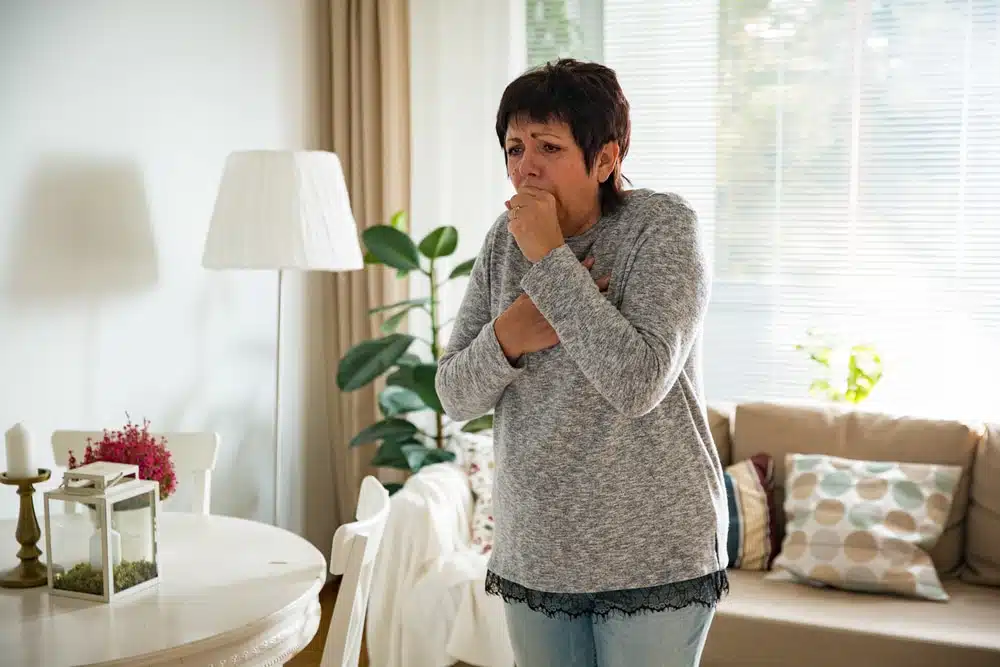
Content Reviewed by:
Steven M Levin
Content Reviewed by: Steven M Levin
Accordion Content
Since 1976, Steve Levin has been dedicated to helping people injured by others’ negligence. He is one of the first attorneys in the U.S. to prosecute nursing homes for abuse and negligence. He’s also helped write new legislation that governs the operation of nursing homes, including the Illinois Nursing Home Care Act. Moreover, Levin & Perconti has obtained the top three jury verdicts in nursing home negligence cases in Illinois.
Last Flu Season Was Deadliest for Nursing Home Residents
During the 2017-2018 flu season, an estimated 80,000 Americans died and 900,000 were hospitalized, according to the U.S. Centers for Disease Control (CDC), making last year one of the deadliest our country has even seen with the elderly and very young children affected most severely. A new study from Brown University School of Public Health reports that a more immunogenic vaccine, such as the adjuvanted trivalent influenza vaccine (aTIV), can improve clinical outcomes in nursing home patients compared with a non-adjuvanted trivalent influenza vaccine.
According to the CDC, older adults with weaker immune systems also may have a lower protective immune response after flu vaccination compared to younger, healthier people.
- About 70 percent and 85 percent of seasonal flu-related deaths have occurred in people 65 years and older.
- Between 54 percent and 70 percent of seasonal flu-related hospitalizations have occurred among people 65 years and older.
- Newer flu vaccines made specifically for people 65 years of age attempt to improve the immune response and protection provided by flu vaccination in this age group.
Influenza Complications Can Quickly Turn Fatal
Influenza is one of the leading vaccine-preventable infections in nursing homes but it’s not always the flu that causes the tragic death of residents; it’s actually the complications that come after a person has been sick that account for 80 percent of their flu-related deaths. Fatal issues mostly affect people who are 65 and older who have underlying illnesses, such as heart disease, diabetes or lung disease, triggering three common flu-related illnesses.
- Pneumonia: An infection that causes the small air sacs of the lungs to fill with fluid or pus. This is the most common route to death for flu victims.
- Sepsis: Sepsis is a serious medical condition which is characterized by inflammation that is spread throughout the entire body. Sepsis happens as a result of a severe infection. According to health officials, there are four types of infections that are often linked with sepsis including: lungs (pneumonia), kidney (urinary tract infection), skin and gut. There is no single symptom of sepsis.
- Heart attack: Chances of a heart attack are increased six-fold during the first seven days after a flu infection, via a study published in the New England Journal of Medicine found.
The CDC suggest all nursing home facilities have a flu care strategy and flu outbreak prevention plan. It remains important to remember the plan will only be carried out by honest, caring administrators and fully staffed departments. If a plan becomes foiled due to understaffing or neglect of addressing flu-related complications, families could hold facilities accountable.
Respected Elder Abuse and Nursing Home Negligence Attorneys
Levin & Perconti has become one of the most widely-known and respected nursing home abuse and neglect law firms in Illinois, achieving multiple million dollar verdicts and settlements. If a loved one has sustained serious illness resulting from neglect or a fail in medical care provided at a nursing home, they may be entitled to compensation. There is a time limit to file a case in Illinois, so please contact us now for a free consultation with one of our skilled nursing home attorneys.
Source: Gravenstein S, et al. Abstract 996. Presented at: ID Week; Oct. 3-7, 2018; San Francisco.



